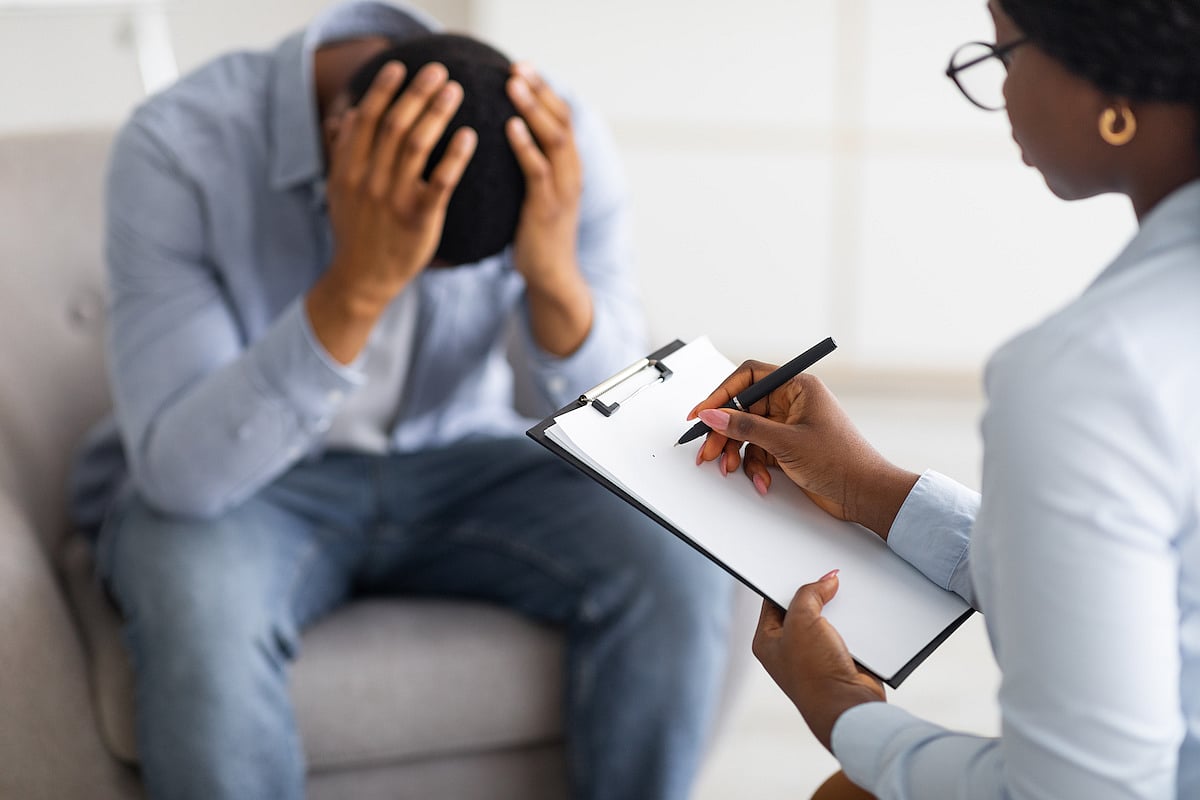Due to a recent change of our website, the process for submitting refill requests online has now changed.
Please click on “Sign Up Today!†to create a new account, and be sure to download our NEW Mobile app!
Thank you for your patience during this transition
Manténgase sano!

- Posted August 2, 2024
PTSD of Mass Shootings Can Haunt Community Members for Years
Mass shootings and other traumatic events hit community members hard, with those closest to the incident often experiencing post-traumatic stress disorder (PTSD) even years later, new research shows.
"Outcomes of mass violence incidents in communities extend beyond direct survivors, including persistent PTSD in many adults" who live in those communities, concluded a team led by Angela Moreland, a professor of psychiatry at of the Medical University of South Carolina in Charleston.
Her team looked at data from a 2020 survey taken of almost 6,000 adults. All had lived in one of six communities hit hard by a mass shooting that occurred between 2015 and 2019: Dayton, Ohio; El Paso, Texas; Parkland, Fla.; Pittsburgh, Pa.; San Bernadino, Calif.; and Virginia Beach, Va.
People were asked about their exposure to the event -- whether they were actually on the scene or were close to someone who was. They were also asked questions aimed at assessing possible PTSD related to the event, as well as any other past traumatic events they'd experienced and how much social support they felt they were getting.
About 1 in 5 of those surveyed said they either personally experienced the shooting event or were close to someone who had.
About 1 in every 4 people surveyed did meet the criteria for PTSD experienced over the year prior to the survey, and 9% met the criteria for current PTSD, Moreland's group found.
Folks had a 66% and 82% greater odds of meeting criteria for past or current PTSD if they had direct or close exposure to the mass shooting event.
Women appeared to be more likely to have PTSD linked to such events, and anyone with an experience of traumatic events prior to the shooting was also more prone to PTSD, the researchers found.
Low levels of "social support" also upped the risk.
Overall, the study suggests that people can experience psychological difficulties related to mass violence events in their communities, even if they weren't directly affected.
Therefore, "screening efforts for mental health services after mass violence incidents should not focus exclusively on those directly exposed," Moreland and her team advised.
The study was published July 26 in the journal JAMA Network Open.
More information
Learn the signs of PTSD at the American Psychiatric Association.
SOURCE: JAMA Network Open, July 26, 2024
